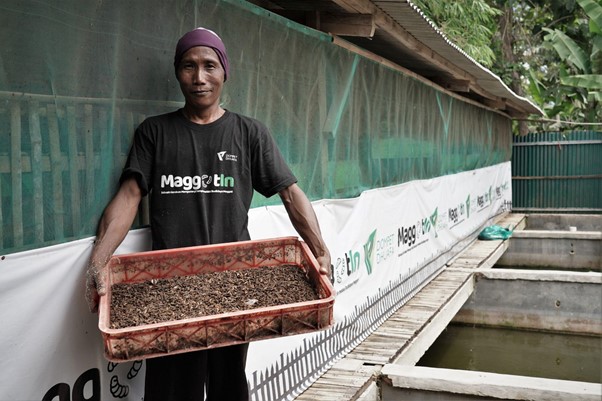SOUTH LAMPUNG – As an effort to save money and to reduce organic waste, Paiman (43) thought of finding alternative feed for catfish. He had cultivated kroto and crickets to feed catfish. Until finally Paiman tried to cultivate maggot (larvae) in Karang Anyar Village, Jati Agung District, South Lampung Regency.
Maggot is a source of fish feed protein that can be produced in large quantities easily. Previously, Paiman actively worked as a construction worker and vegetable coolie in the market. Self-taught, Paiman also learned via the internet, he then began cultivating maggot since 2021 until 2024 now.
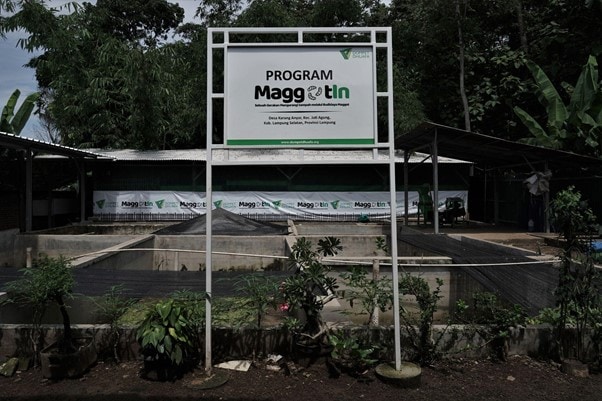
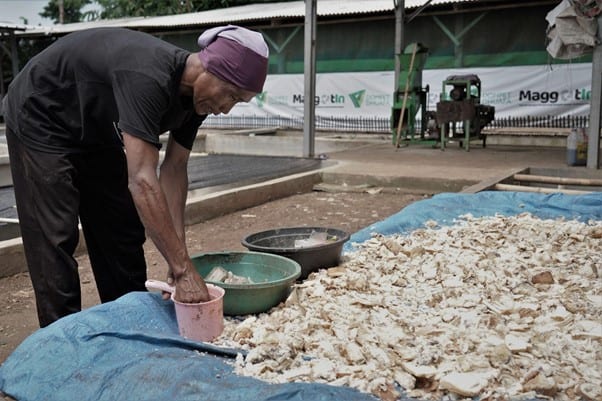
“I looked at the internet, asked friends, then looked for maggots in the garden. From vegetables and fruits. I started cultivating them little by little. I have tried (cultivating) kroto and crickets. Eh, I found maggot,” admitted Paiman, Thursday (2/22/2024).
Read also: Visiting Maggotin Farm, Dompet Dhuafa and PT Bukit Asam Release 10,000 Catfish Fry
“Incidentally, I have long wanted to decompose wet (organic) waste, so that it does not cause stench and disease. Alhamdulillah, Dompet Dhuafa also helped us and renovated the maggot cage and provided a chopper machine. Now I can do that (maggot cultivation and processing organic waste) at once, “said Paiman, excited.
Chopper machine assistance from Dompet Dhuafa also makes it easier for Paiman to manage organic waste from food waste. He also received cage renovation assistance, so that he can produce more maggot to feed catfish and sell.
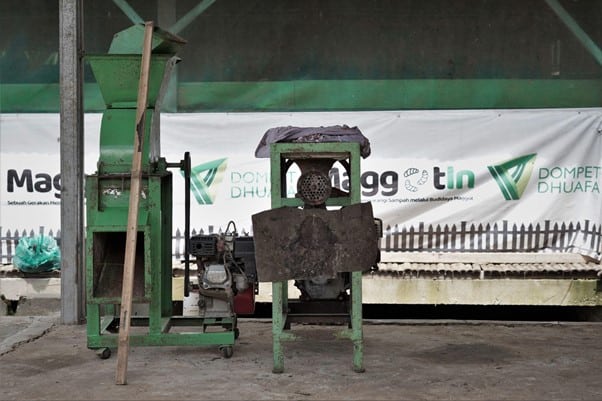
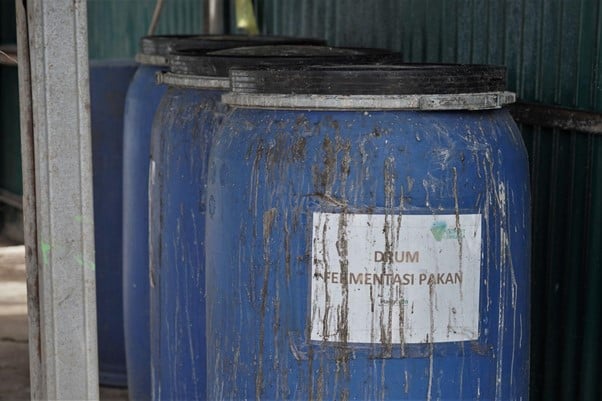
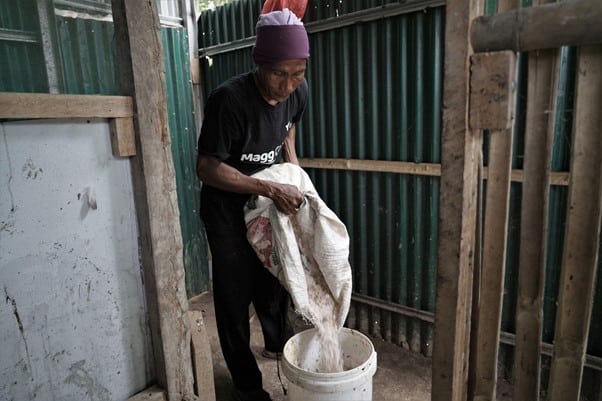
Maggot farming requires organic waste in the form of food waste such as fruit, vegetables or bread which is then crushed and fermented. The fermented food then becomes feed for the maggot.
Now Paiman’s maggot cultivation has been able to meet the needs of catfish feed. Although, initially he thought the results of this maggot cultivation would stop at catfish feed alone. Over time, Paiman began to receive requests to purchase maggot seeds. The income also increased.
Read also: Visiting Maggotin Farm, Dompet Dhuafa and PT Bukit Asam Release 10,000 Catfish Fry
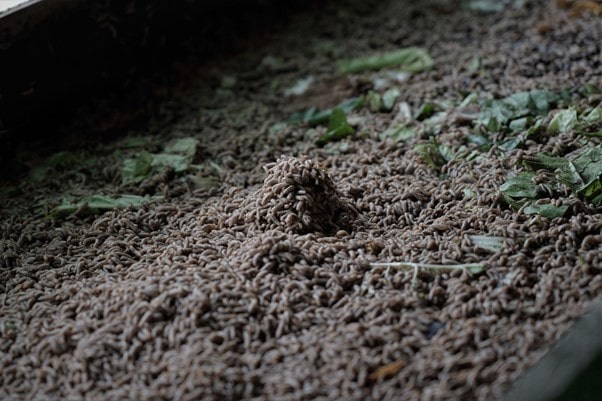
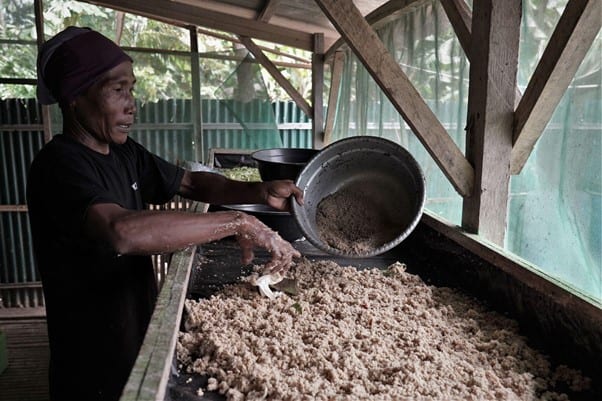
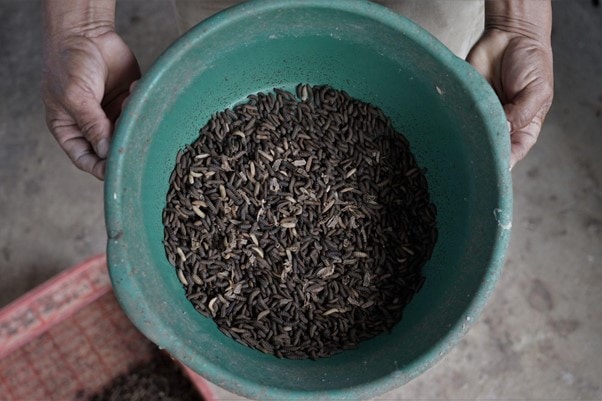
To Dompet Dhuafa, Paiman expressed his impression and gratitude. The Maggotin Program from Dompet Dhuafa has helped him to more easily develop the cultivation of maggots and mice.”Thank you Dompet Dhuafa, I am very happy. My dream has come true. This has been my dream for a long time,” he said emotionally.
“In the past, the motorbike (tires) often punctured because I objected to transporting vegetables and leftover food ingredients. Because it’s not a three-wheeled motorcycle anyway. But I took it easy,” he recalled.
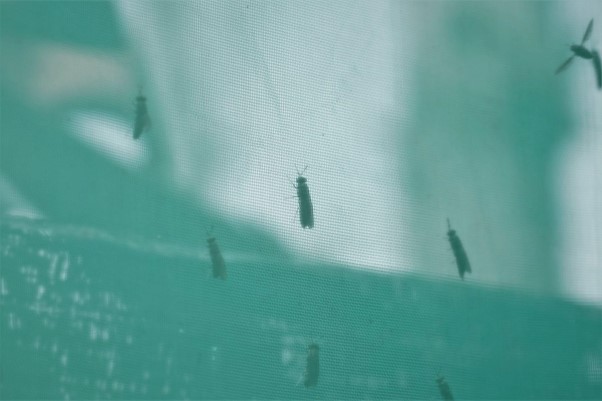
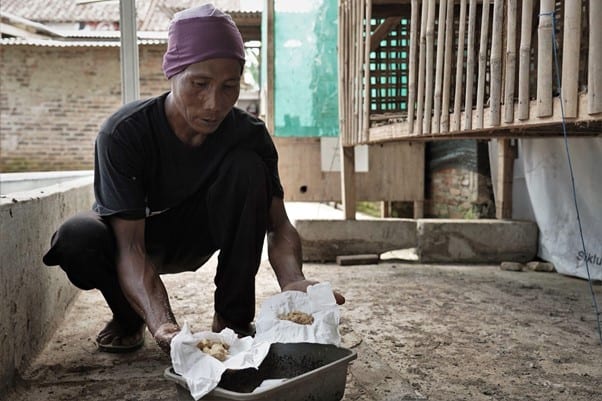
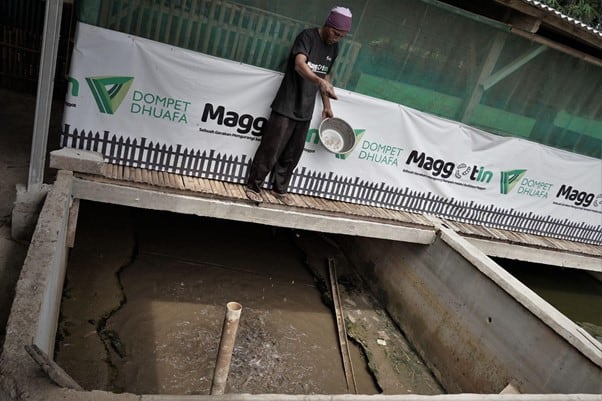
Read also: Ambudhipa Blue Tea Cultivation: Dompet Dhuafa’s Initiative to Empower Women in Banten
For information, the Maggotin Program was previously inaugurated by the Head of the Lampung Provincial Forestry Service, GM Dakwah Culture and Environment Dompet Dhuafa, Herman Budianto, and Dompet Dhuafa Lampung Branch Manager, Yogi Achmad Fajar.
“Dompet Dhuafa has made an innovation in optimizing Ziswaf (Zakat, Infaq, Sadaqah, and Waqf) funds into programs for the benefit of the people. We hope that through the Maggotin Program, it can become an example of zero waste education and ignite the waste management movement from home,” said Yogi. (Dompet Dhuafa)
Text & Photo: Hany Fatihah Ahmad & Dhika Prabowo
Editor: Dhika Prabowo



